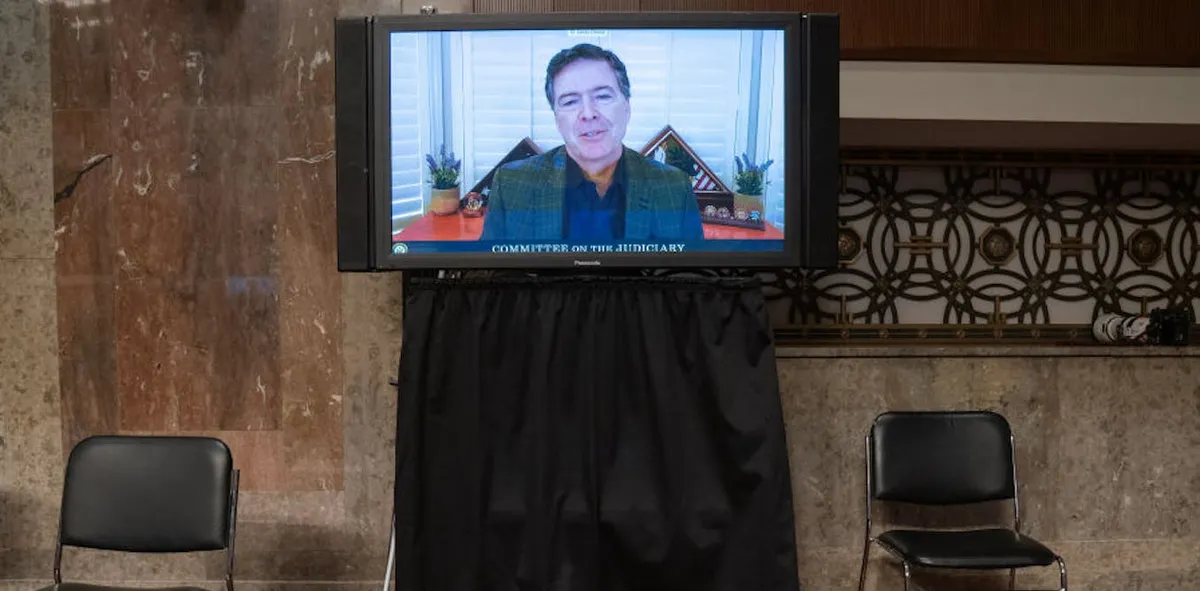
On November 24, 2025, a federal judge made a significant ruling by dismissing the indictments against former FBI Director James B. Comey and New York Attorney General Letitia James. This decision effectively blocked the Department of Justice from pursuing legal action against two individuals viewed as adversaries of President Donald Trump. U.S. District Judge Cameron McGowan Currie specified that her dismissals were made “without prejudice,” a legal term that has crucial implications for the future of these cases.
In her legal determination, Judge Currie concluded that the appointment of interim U.S. Attorney Lindsey Halligan, who initiated the indictments against Comey and James, was unlawful. Judge Currie stated, “Because Ms. Halligan had no lawful authority to present the indictment, I will grant Mr. Comey’s motion and dismiss the indictment without prejudice.” She made a similar statement regarding the case against Letitia James.
The term “without prejudice” signifies that the dismissal does not address the substance or merits of the criminal charges. In legal parlance, it means that the prosecution has the opportunity to try again if they can rectify the issues that led to the dismissal. If the judge had ruled “with prejudice,” it would have barred the government from re-filing the cases against Comey and James.
For the Department of Justice to potentially revive the cases against Comey and James, there are specific legal requirements that need to be met. According to federal law, when a U.S. attorney's position becomes vacant, the attorney general has the ability to appoint an interim U.S. attorney for a period of 120 days. After this period, it is up to the federal judges of the district to appoint someone to continue in that capacity until a permanent U.S. attorney is nominated by the president and confirmed by the Senate.
The Trump administration had previously appointed Halligan’s predecessor, U.S. Attorney Erik Siebert, to this interim role in January 2025. When the 120-day period expired, the judges of the Eastern District of Virginia chose to retain Siebert in his position. However, Judge Currie found that Siebert's resignation did not authorize the Trump administration to appoint a new interim prosecutor. The power to appoint remained with the District Court judges, rendering Halligan’s appointment and the indictments against Comey and James invalid.
The Department of Justice retains the option to appeal these rulings, which could potentially overturn the dismissals. Alternatively, they may choose to refile the cases once a new U.S. attorney is appointed following proper legal procedures. However, time may not be on their side regarding the case against Comey, as the statute of limitations for those charges has likely expired.
Judge Currie pointed out that while the statute of limitations is generally paused when a valid indictment exists, an invalid indictment—such as the one filed against Comey—does not have the same effect. Thus, the time frame for pursuing claims against the former FBI director may have lapsed.
If Judge Currie’s rulings are upheld, the Justice Department cannot simply refile the cases with Halligan still in her role. This situation underscores the importance of adhering to legal protocols for proper appointment. While this ruling does not mark the end of the prosecutions, it signifies an important juncture in the ongoing legal battles involving Comey and James.